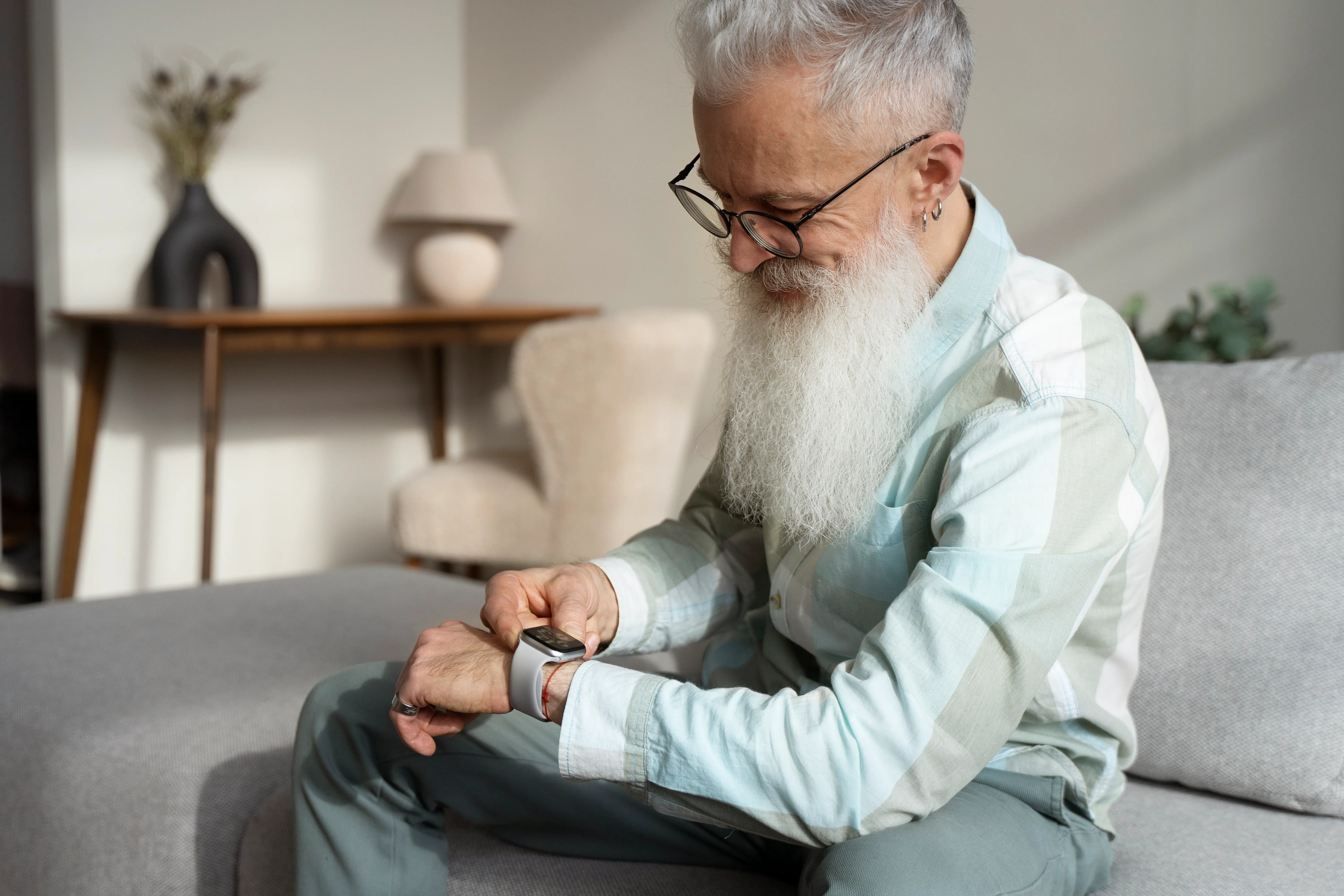Assisting a Person with Dementia in Brushing Their Teeth

There are a number of things that could be done to help assist a person with dementia in brushing their teeth.
In the last blog post, we talked a lot about setting the environment up for success and giving verbal or written instruction, but sometimes more will need to be done and what that "more" is, really depends on what the difficulty is.
If they are having a hard time holding their toothbrush maybe adding a built up foam tubing around the tooth brush could be helpful.
If they are swallowing toothpaste, you may need to switch to a kids, safe to swallow type of toothpaste.
If they are having a hard time manipulating the toothbrush and coordinating the movements required, maybe they could benefit from an electric toothbrush (the light ones, not the heavy ones, unless they have tremors — then a heavy one could be just what they need)
If they are having trouble recognizing a toothbrush and understanding the purpose or proper way to use it then you may need to offer hand over hand or hand under hand assistance, or brush your partner's teeth completely for them.
If you have to help your partner brush their teeth, I always recommend switching to a soft bristle toothbrush (if not using one already). Much of the time when you are brushing someone else's teeth it's hard to know just how rough or gentle you are actually being. (if you notice bloody gums and spit when your partner brushes their own teeth — it may be time to switch to a soft bristle toothbrush as well).
- With the hand over hand method, you are giving your partner control over fine motor movements and compensating for the gross motor movements (the direction the tooth brush will go).
- With the hand under hand method, you are taking control of both the fine motor and gross motor movements, but allowing your partner to feel like they are a part of the task. However, oftentimes, their hand and arm is just going along for the ride (though sometimes you will feel them trying to help guide the movement). With this method, you are touching the palm of your hand to their hand and interlocking your thumb with their thumb allowing you to use your thumb, index, and middle finger to pick up, hold and manipulate the toothbrush. (This is a method accredited to Teepa Snow)
*With either method you will want to make sure you use their dominant side and put your opposite hand on their shoulder and just apply a little bit of natural pressure. It helps give both of you more control during the task.
Now, the key to having success with any method you choose to brush your partner's teeth is that you communicate throughout the whole task. Let them know what you are about to do by demonstrating with yourself first, and then let them know you are going to help them hold the toothbrush and brush their teeth. Once you start brushing, letting them know which part of the mouth you are about to brush as you go along can also be helpful. It may even be good to tell them to let you know if you are being too rough. However you go about it, the point is to communicate!
Leave us a review.
We love hearing from you.
Every review helps us reach and help more caregivers like you.



